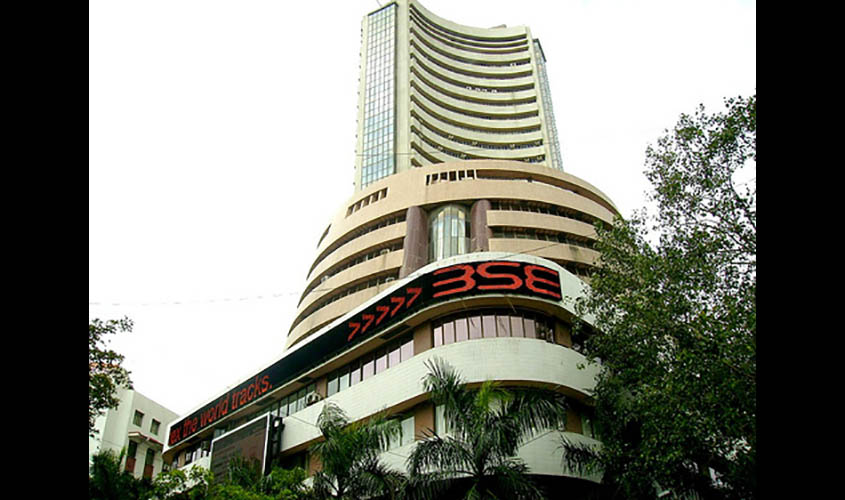Crude oil prices have tumbled by more than $20 a barrel in the last few weeks on the back of spurt in global oil supplies, dimming demand forecast and unwinding future oil contracts. This has brought some cheer to the Indian stock markets that were in a severe grip of liquidity scare; while other reasons were a weak rupee and depressing foreign inflows. Lower crude oil prices should provide a big relief to the economy as India imports most its oil by paying in US dollars, and if oil prices remain depressed for some more time, then valuations could improve and margins could expand for companies with high oil input. After pulling out funds from the Indian equity markets in October, the foreign portfolio investors have pumped in nearly Rs 8,000 crore in November due to recovery in the rupee and fall in oil prices. Also, easing in simmering tension between the Reserve Bank of India and the government has been somewhat positive for the rupee assets. This has also brought the bond yields to turn soft lately, with the 10-year paper easing to around 7.75% this month. Since the current week is a holiday-shortened truncated week, there could be a banking system liquidity issue and hence RBI could infuse liquidity in the Indian debt markets through open market operations to bring stability.
Our stock markets have been under pressure this week on a daily basis in spite of strengthening in the rupee and fall in crude oil prices. Fund managers around the world are worried, as the US is likely to announce tariffs in December on the remaining Chinese imports worth USD 257 billion, in case talks between the two respective leaders fail to take a positive, constructive turn. This could again trigger a global equity sell-off on the back of escalation in trade tensions between the two countries, and Indian stock markets could remain under tremendous pressure. On the other hand, bond market traders were a scared lot last month due to the liquidity issue created by the IL&FS default issue. But now the commercial paper market has returned to normalcy with easing of bond yields and stabilising in the rupee. So there was action seen in the debt markets with nearly Rs 60,000 crore of fresh commercial paper being bought by corporates in the last three days. There is no recommendation for this week as we expect stock markets to be negative in the coming week due to various global cues and upcoming state elections.
Rajiv Kapoor is a share broker, certified mutual fund expert and MDRT insurance agent.

